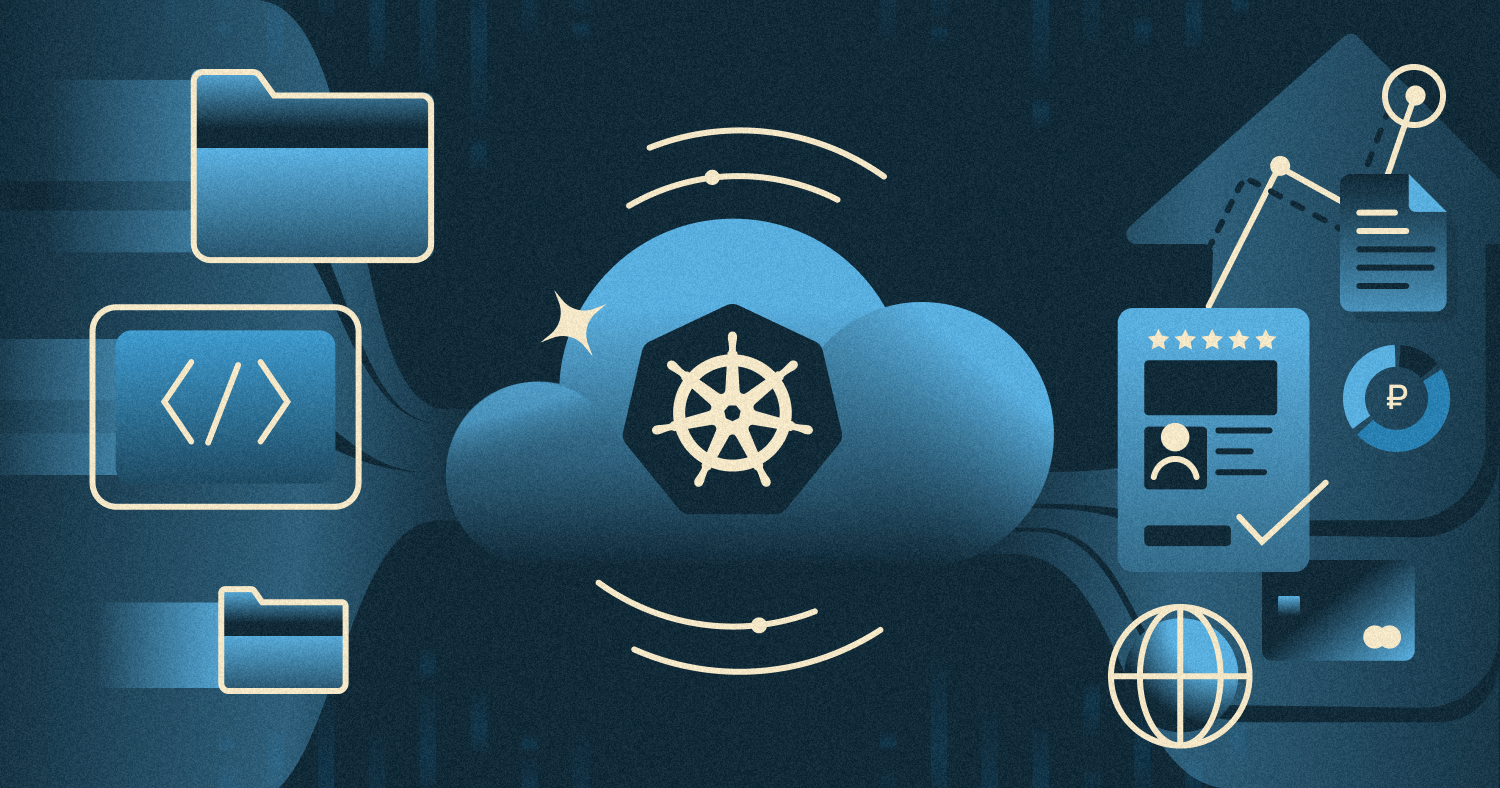Do you wish to store and manage your personal Docker images in a secured private environment? A docker registry is the perfect solution for any organization looking for an easy way to keep their sensitive data protected. With the advent of containers, it’s more essential than ever to make use of a self-hosted alternative that can offer stronger security and authentication layers, as well as help ensure compliance across multiple platforms. No matter if you’re brand new to Docker or are already managing several hundred containers with Kubernetes having access an exclusive container registry service gives teams greater control over their development processes while allowing them to quickly launch ready-to-use apps without having to worry about security issues.

Container registries are a vital part of the containerization process. To manage the multitude of containers that are used in a program developers can make use of a either a public or private registry. Private registries have a strong security, and developers can determine who has access to images. Public registries are more accessible and provide a greater variety of choices. The choice of the right type of registry can be overwhelming, but developers have the option to consider the pros and negatives, and other aspects of each. In the end, it is dependent on the level of security, control, and accessibility are needed.
Container management is vital for any business’s success in today’s fast-paced software development. Private container registry services allow companies to store, manage and distribute container images.
A private registry for images in containers and also known as the name of private docker container or docker is a database which holds container images in a secure manner. It is a central repository for managing container images and allows developers to share images across teams and applications. Private container registries are essential for organizations that use container-based software and want to ensure that their images are secure and private.
A private container registry could seamlessly integrate with major cloud computing solutions. This lets companies increase their storage requirements without hassle while maintaining a secure and efficient process for software delivery. Due to the rising popularity of containerization and container orchestration tools like Kubernetes private container registries are now an integral part of every modern software development pipeline.
Private container registrations have several advantages over public registries. The most important advantage is that you will have more control over access rights and permissions. Companies can design customized access policies using a private registry to ensure only authorized users have access to access container images. This prevents unauthorized access and decreases the chance of security breach.
Private container registries may also optimize network response times to increase the speed of retrieving images. Images are typically stored closer to their destination when they are kept in private registries. This helps reduce latency and improves general performance of the program.
Private registry can be used to set up customized access controls. Private registry enables organizations to design access control policies with a finer resolution that allow only certain users or groups access to specific images in the container. This makes sure that proprietary or sensitive images are only accessible to those who are authorized to access them.
Alongside providing an efficient and secure method to manage images stored in containers Private container registry services also offer additional functions that make managing containers easy. Some private container registries are for instance, offering automated scans of images and vulnerability detection. This helps organizations detect security vulnerabilities before it becomes a problem.
Private container registries can offer a wide range of deployment options, allowing users to choose the method that best meets their needs. Some private registries offer facilities for on-premise deployments which are beneficial for businesses that have to keep their containers on premises to comply with regulatory requirements or for compliance reasons. Cloud-based deployment is another option that is cost effective and scalable particularly for large-volume container image management.
Think about a range of aspects when choosing a private container registry. One of the most important factors is security. Private registry must have strong security features, such as access control, encryption and image scanning to ensure that the images stored in the container are secure from access by unauthorized persons and security threats.
Another aspect to take into consideration is user-friendliness. A private registry should be easy to set up and utilize, using a user-friendly interface and clear documentation. It is also recommended to integrate it with popular orchestration tools that work with containers, like Kubernetes. This will make it easier to manage images of a container within a modern pipeline.
Finally, it’s important to consider the scalability and capacity of an individual registry. As businesses grow, and demands for storage of containers increase it is essential that the registry be able to grow to satisfy those requirements without sacrificing performance or security.
A private registry for containers is an essential part of modern software development pipelines. It provides a secure and efficient way of managing containers and allows companies to scale their storage needs without difficulty. Private container registry services are a practical solution to container management, which offer optimal network responses with custom access control, seamless integration with cloud computing providers, and an efficient speed of response.
